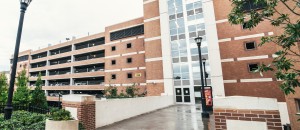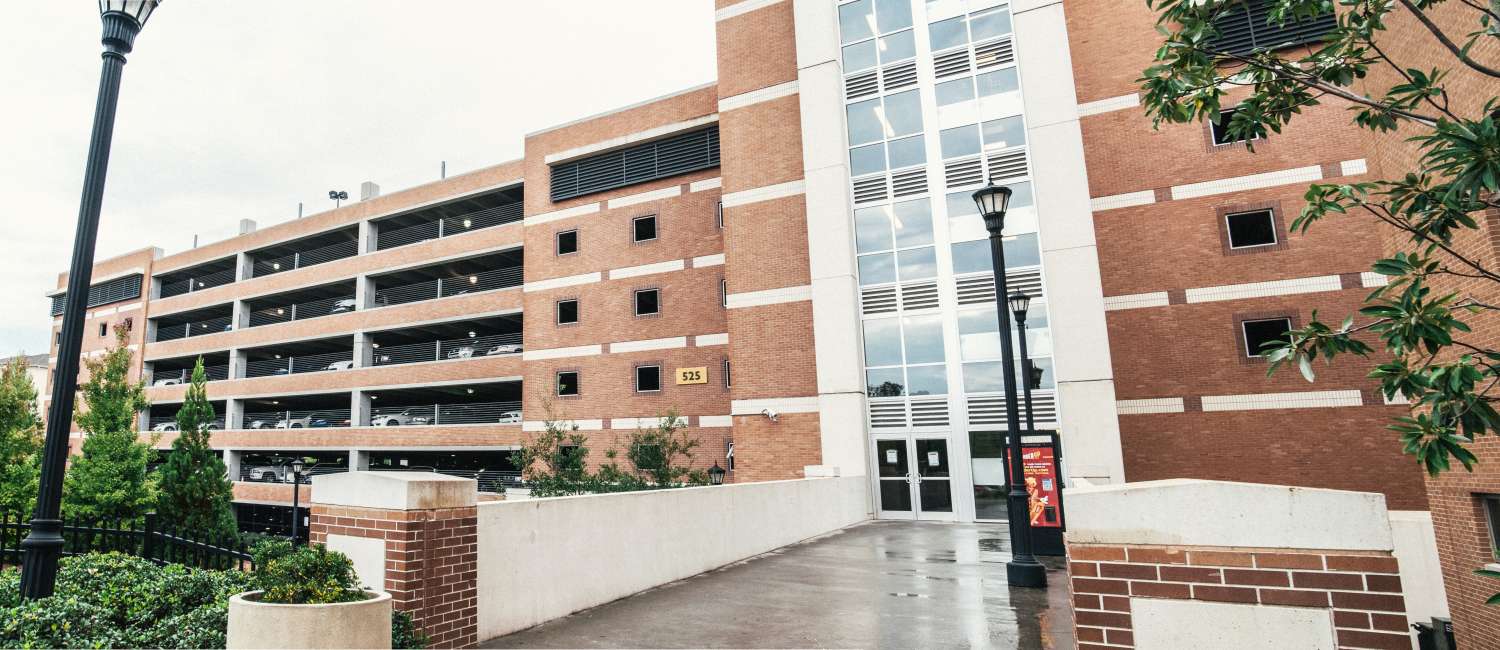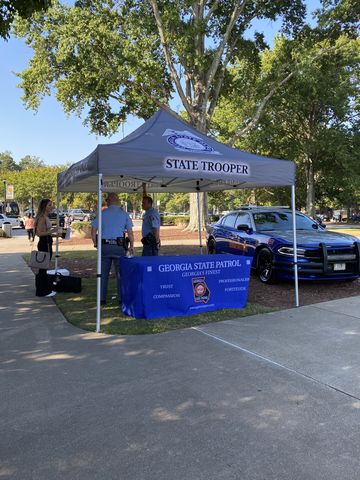
James Sears, Staff Writer
Long term developments for parking are in store for students at Kennesaw State University.
Parking on campus will see more changes in the long run, with a new program that is planned to be implemented in the near future. KSU’s Parking and Transportation Department plans to incorporate Zipcar, which provides members with 24/7 self-service access to cars on campus.
How Zipcar’s service works is members can reserve vehicles located on the premises. Vehicles can then be unlocked via a mobile app or a “zipcard.” The zipcard serves as a key to unlock a vehicle by holding it over the vehicle’s card reader. Zipcar’s mobile app can be used to reserve vehicles and also can be used to unlock vehicles. Students, faculty and staff would be able to apply for the program.
“Currently, we are planning to place a couple of vehicles in each residential area, as well as 3-4 vehicles located centrally on campus,” said Parking and Transportation Department director, Beth Tindel. “As we move forward with this partnership, more details will be announced.”
Tindel also touched base on future developments to improve parking and transportation. Future plans include the promotion of transportation demand management programs such as the carpooling system Zimride and a vast shuttle program expanding to parks, shops and apartment complexes. There are also talks of a bus route that would link college campuses across Cobb County that would include KSU. Concerning additional parking, Tindel mentioned more parking would be added off campus and be supported by the shuttle system.
“The amount of traffic associated with gaining access to a deck is not something that would be wise to add more of on the main campus,” said Tindel.
On the topic of switching from the parking hang tags to the newly implemented parking decals, which use radio-frequency identification technology, Tindel said that the hang tags were becoming dated and maintenance-heavy. Tindel also said the decals benefit drivers by improving the flow of vehicles entering parking decks.
“With the hangtag system, there was frequently a few-seconds delay, as each driver would reach for [his or her] hangtag, roll-down the window, and reach out the window to validate at the reader,” said Tindel. “The new decals have eliminated all of these actions, which has resulted in the ability to reduce the length of the queue lines to the decks and lots.”
Other improvements cited are the decals prevent the non-display of parking passes on cars and also prevent driving distractions by terminating the aforementioned actions needed to scan the hang tag.
Despite the developments, some students are dissatisfied with the state of parking, with one of the more common complaints being the new decals; namely, the inconvenience of not being able to drive a different car to campus by hanging the parking tag in the corresponding car.
“The parking hang tags that we used last year were a lot more convenient,” said one student. “If, let’s say, my car broke down . . . all I could do is just take the hang tag, put it in whatever car I’m driving and not have to be financially obligated to spend $25 or more on each additional tag.”
Other comments about parking concern how unclear parking could be, mainly for new students and staff.
“I was slightly confused,” said a professor who is teaching her first semester at KSU. “It would be helpful to provide a specific breakdown of faculty versus student parking spots on campus.”
Tindel asserts that Parking and Transportation is always working to improve parking conditions for student, faculty and staff. “We have seen a reduction in churn and traffic since the implementation of Area Parking and B.O.B, and continue to strive to improve,” said Tindel. “The new decal system will help with this endeavor.”





So my son started at ksu in September of 2013. Since then the parking has improved. He had to park on the top level of a parking deck half a mile from his dorm the first year. This year he parks in front of his dorm. So much better.